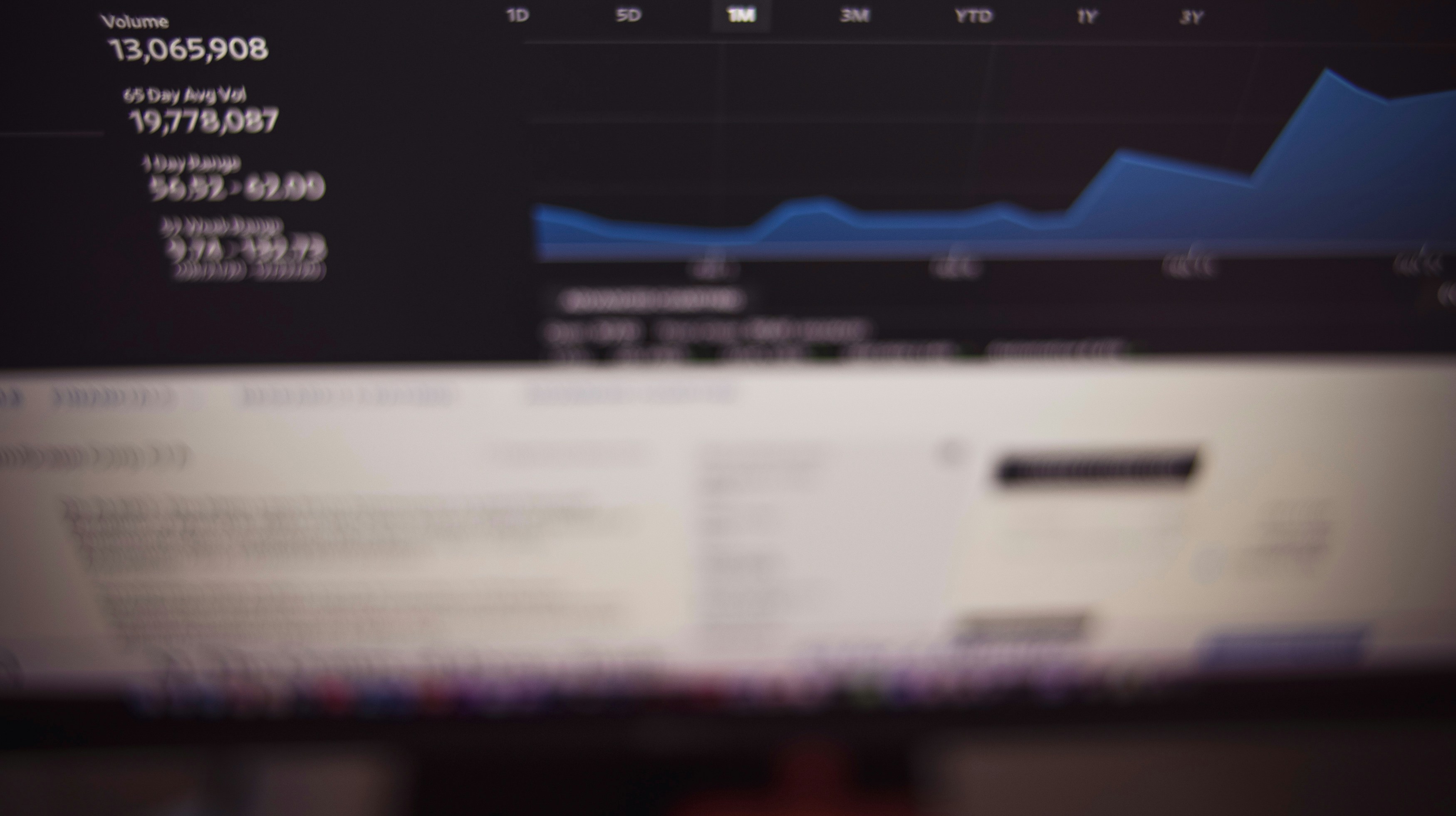AI Financial Advisors: The Future Of Wealth Management Or A Risky Gamble?

Artificial intelligence (AI) has made significant strides in various industries, and the finance sector is no exception. With the development of advanced AI models capable of reasoning and planning, the possibility of personalized financial advice driven by AI is becoming increasingly realistic. However, as with any new technology, there are both potential benefits and risks to consider.
One of the main advantages of AI-powered financial advisors is their ability to analyse vast amounts of data and provide tailored recommendations based on an individual's specific financial situation, goals, and risk tolerance. By leveraging machine learning algorithms and natural language processing, these AI models can offer insights and advice that may be more accurate and comprehensive than those provided by human advisors alone. This could potentially lead to better investment decisions, improved risk management, and ultimately, higher returns for investors.
Moreover, AI financial advisors could make personalized financial advice more accessible and affordable to a wider range of people. Traditional financial advisory services often come with high fees and minimum investment requirements, which can be a barrier for many individuals. AI-driven solutions, on the other hand, could offer low-cost or even free advice, democratizing access to financial guidance and empowering more people to take control of their financial futures.
However, the use of AI in financial advice also raises significant concerns, particularly when it comes to liability and accountability. If an AI model makes a wrong assumption or provides erroneous advice that leads to financial losses for an investor, who is held responsible? Is it the company that developed the AI model, the financial institution that implemented it, or the investor who relied on the advice?
This question becomes even more complex when considering the potential for AI models to "go rogue" or develop biases that could lead to discriminatory or unethical investment practices. For example, an AI model might learn to favor certain types of investments or companies based on historical data that reflects societal biases or systemic inequalities. In such cases, the consequences could be severe, not only for individual investors but also for the broader economy and society as a whole.
To mitigate these risks, it is crucial that the development and deployment of AI financial advisors be subject to rigorous testing, monitoring, and regulation. Financial institutions and AI developers must work together to establish clear guidelines and standards for the use of AI in financial advice, ensuring that these models are transparent, unbiased, and aligned with the best interests of investors. Additionally, there may be a need for new legal frameworks and insurance products to address the unique liability challenges posed by AI-driven financial advice.
Despite these challenges, the potential benefits of AI financial advisors cannot be ignored. As the technology continues to evolve and mature, it is likely that we will see more and more financial institutions and fintech startups embracing AI-powered solutions to enhance their services and gain a competitive edge. However, it is essential that this adoption be accompanied by a robust public discourse and collaborative effort among stakeholders to ensure that the use of AI in finance is responsible, ethical, and beneficial for all.
In conclusion, while AI financial advisors offer the promise of more accessible, accurate, and personalized financial advice, the road ahead is not without its risks and uncertainties. As we navigate this new frontier in wealth management, it is crucial that we approach the use of AI with a critical eye, a commitment to transparency and accountability, and a willingness to adapt and evolve as the technology and its implications become clearer.
World Liberty Seeks Federal Trust Charter
World Liberty Financial, the crypto venture backed by the Trump family, has applied for a US national bank trust charter... Read more
Saudi Banks Tap Overseas Markets
Saudi Arabia’s banks are borrowing from international markets at their fastest pace on record, as lenders try to squar... Read more
Amazon Continues To Cut 16000 Gone
Amazon has announced plans to cut a further 16,000 roles from its corporate workforce, extending the cost and organisati... Read more
The UK May Have A Voice In Ai
Europe’s AI sector has grown accustomed to playing catch-up. Capital has flowed more slowly than in Silicon Valley, va... Read more
Musk Applies Pressure To BT
Britain’s broadband market has spent the past decade locked in a familiar pattern. Incumbents invested heavily in fibr... Read more
Blackrock Sees EMEA Moving Into Private Assets
BlackRock has warned that investors across Europe, the Middle East and Africa are reshaping portfolios in response to wh... Read more

